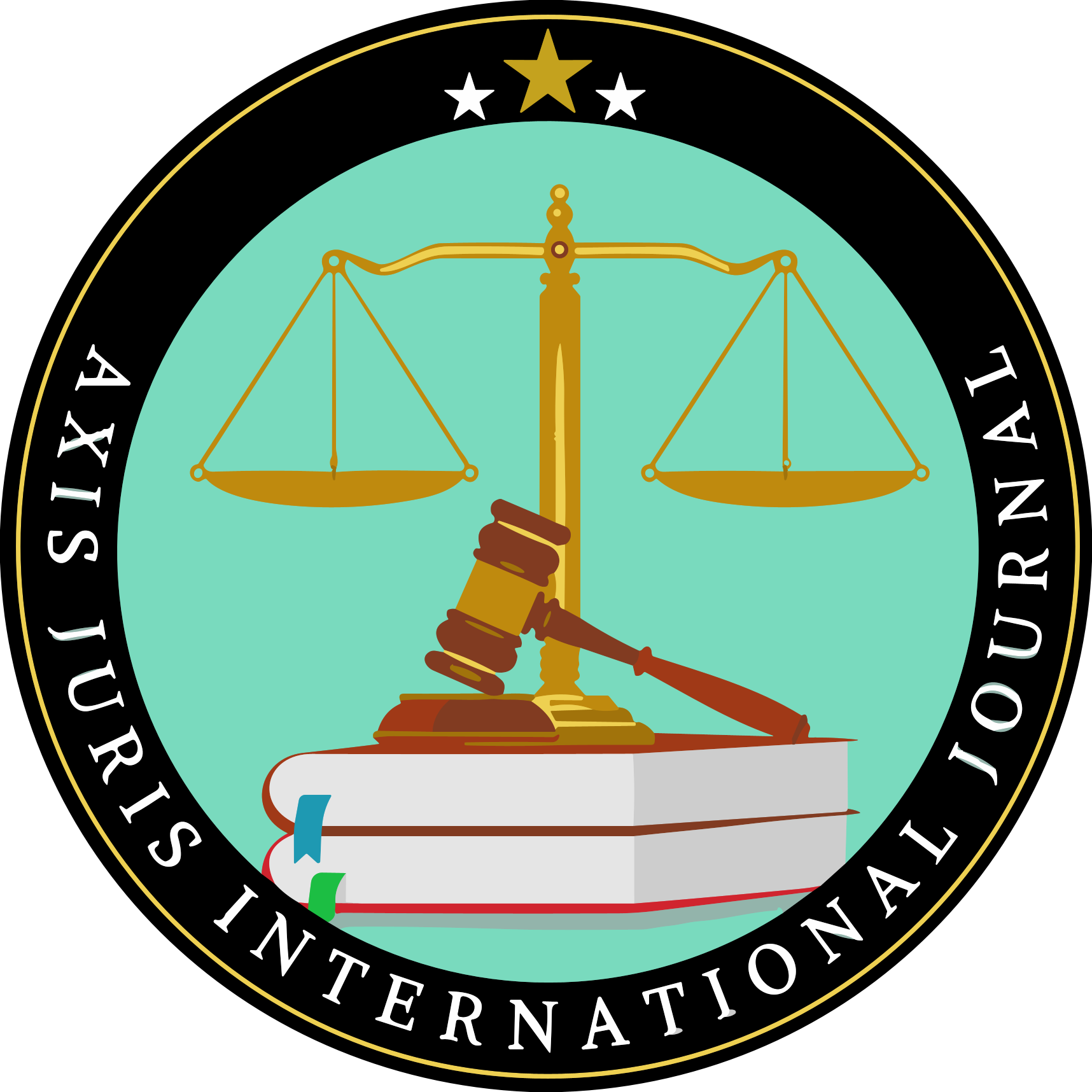AUTHOR: Admin
INTRODUCTION
A set of rules for the Indian government to follow in order to guarantee the welfare of the populace is known as the Directive Principles of State Policy (DPSP). The DPSP forbids the killing of cows as one of its stipulations. The Indian Constitution does, however, also grant citizens the freedom to practise any profession or occupation. Since years, people have been debating whether or not this restriction violates citizens’ rights. We shall explore more deeply into this problem, its background, and its ramifications in this blog. Conflicts have arisen between the constitutional freedom to practise any profession and the Directive Principles of State Policy (DPSP), which forbid cow slaughter, making the prohibition on cow slaughter a divisive issue in India. In numerous occasions, people have been found guilty and penalised for breaking the ban on cow slaughter.
THE CONFLICT
The Indian Constitution’s Article 48 has the DPSP clause that outlaws cow slaughter. In accordance with this article, “The state shall take steps for preserving and improving the breeds, and prohibiting the slaughter of cows and calves and other milch and draught cattle.” This clause attempts to save cows, which are revered by many people, and encourage their breeding for use in agriculture.
On the other hand, Article 19(1) (g) of the Indian Constitution grants its inhabitants the freedom to engage in any profession, trade, or business. Citizens are given the freedom to select their career without interference from the government or any other outside agency because to this clause. The Indian Constitution protects the basic freedom to select a career.
There have been various discussions and judicial disputes over the incompatibility between the DPSP clause and the basic right to select a profession. Many contend that the prohibition on cow slaughter violates the constitution since it limits one’s ability to select a vocation. They contend that because it is a basic right of the populace, the government cannot outlaw a profession or occupation, even for a great purpose.
Supporters of the prohibition, on the other hand, contend that cow slaughter is not a profession but rather a violation of many Indians’ cultural and religious convictions. They contend that the government must safeguard the citizens’ religious beliefs and stop any actions that would be offensive to them.
Numerous court cases have been fought over this topic, with various court rulings. The prohibition on cow slaughter was maintained by the Supreme Court of India in 2005, concluding that it is a fair limitation on the freedom to engage in commerce or business. The court determined that the prohibition was necessary to safeguard the populace’s religious and cultural beliefs. However, the Supreme Court made it clear in a recent ruling in 2020 that the prohibition on cow slaughter does not infringe the basic freedom to engage in commerce or business.
The court ruled that reasonable limits, such as those put in place to safeguard the public’s health and morality, may be made to the right to engage in commerce or business.
The discussion around the prohibition on cow slaughter involves both legal and sociocultural considerations. Cows play a significant role in many Indians’ cultural and religious beliefs. India is a nation of many different cultures and religions. In addition to saving cows, the prohibition on cow slaughter aims to honour the cultural and religious beliefs of a sizable portion of the Indian people.
CASE LAWS
The State of Gujarat vs. MirzapurMotiKureshiKassabJamat is one such instance. The Gujarat High Court found the defendant guilty in 1998 of murdering cows in violation of the Gujarat Animal Preservation Act. According to the accused, who are butchers by trade, they are entitled to practise their line of work in accordance with Article 19(1)(g) of the Indian Constitution. The court decided that the freedom to practise a profession supersedes the DPSP of the Indian Constitution, which forbids the killing of cows. The accused was given a jail term by the court after upholding the conviction.
Similar to this, the accused was found guilty of butchering a cow in the case of the State of Haryana vs. Rajmal and others. The accused said that he was a butcher by trade and was thus entitled to do his trade in accordance with Article 19(1)(g) of the Indian Constitution. The court decided that the freedom to practise a profession supersedes the DPSP of the Indian Constitution, which forbids the killing of cows. The accused was given a jail term by the court after upholding the conviction.
People who violated India’s prohibition on cow slaughter have been found guilty in many cases and punished. The courts have determined that the freedom to practise a profession under the aforementioned Indian Constitution legislation supersedes the DPSP, which forbids the killing of cows. In India, there is still a heated debate over the clash between the constitutional freedom to practise any profession and the DPSP’s ban on cow slaughter.
CONCLUSION
While some, the DPSP’s provision banning cow slaughter in India has drawn criticism for many years. Although the Indian Constitution protects the freedom to select a profession, many individuals believe that outlawing cow slaughter is important to safeguard the populace’s religious and cultural values. A balanced approach is necessary to resolve the complicated issue of the two clauses’ disagreement. This topic will probably be under discussion for many years to come.
